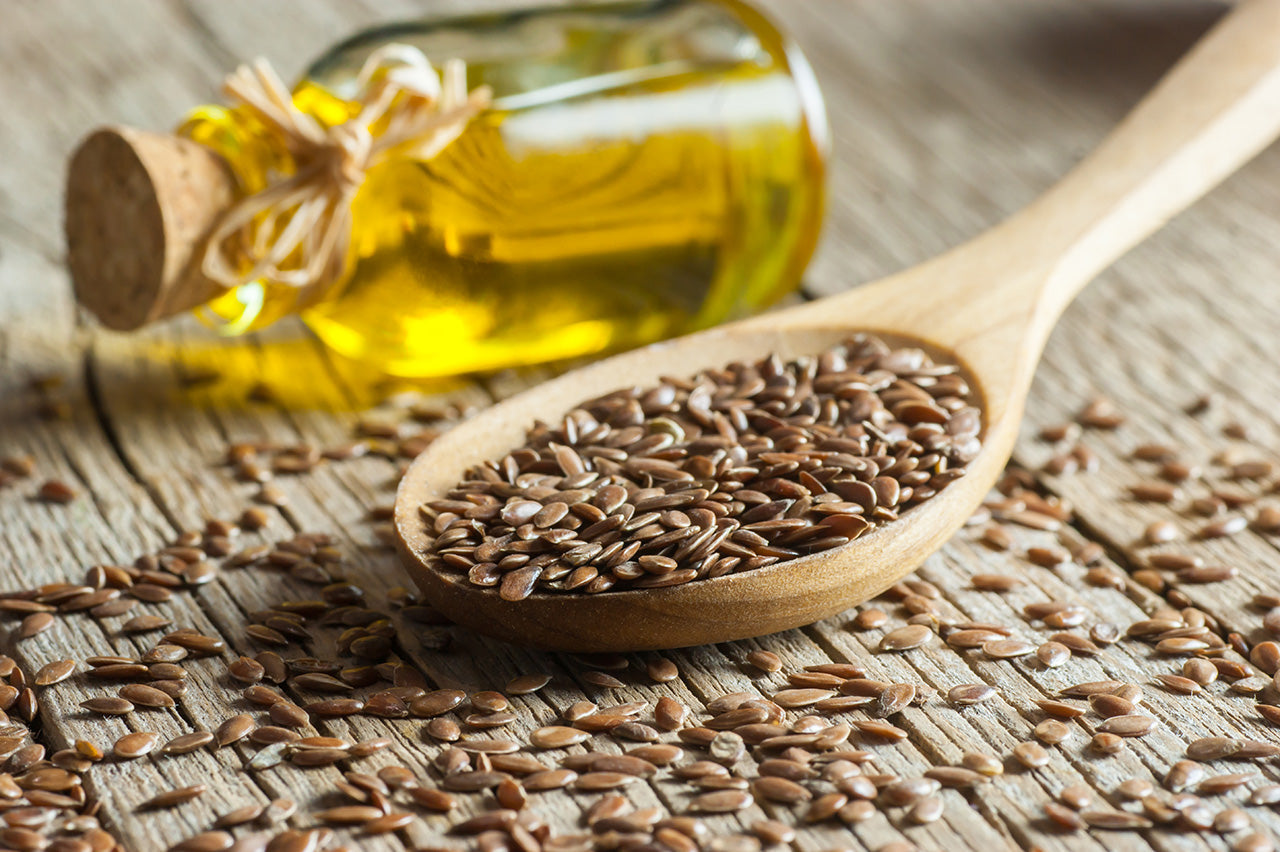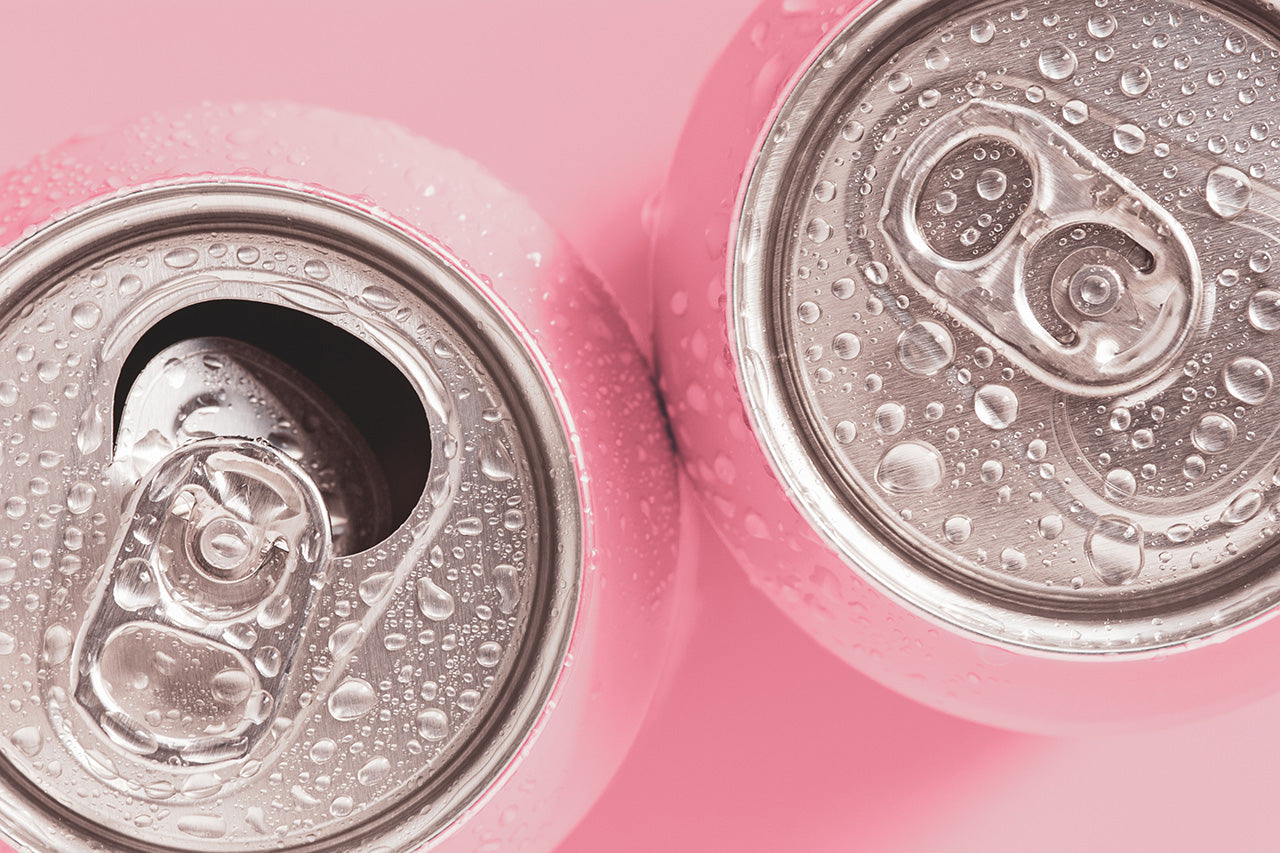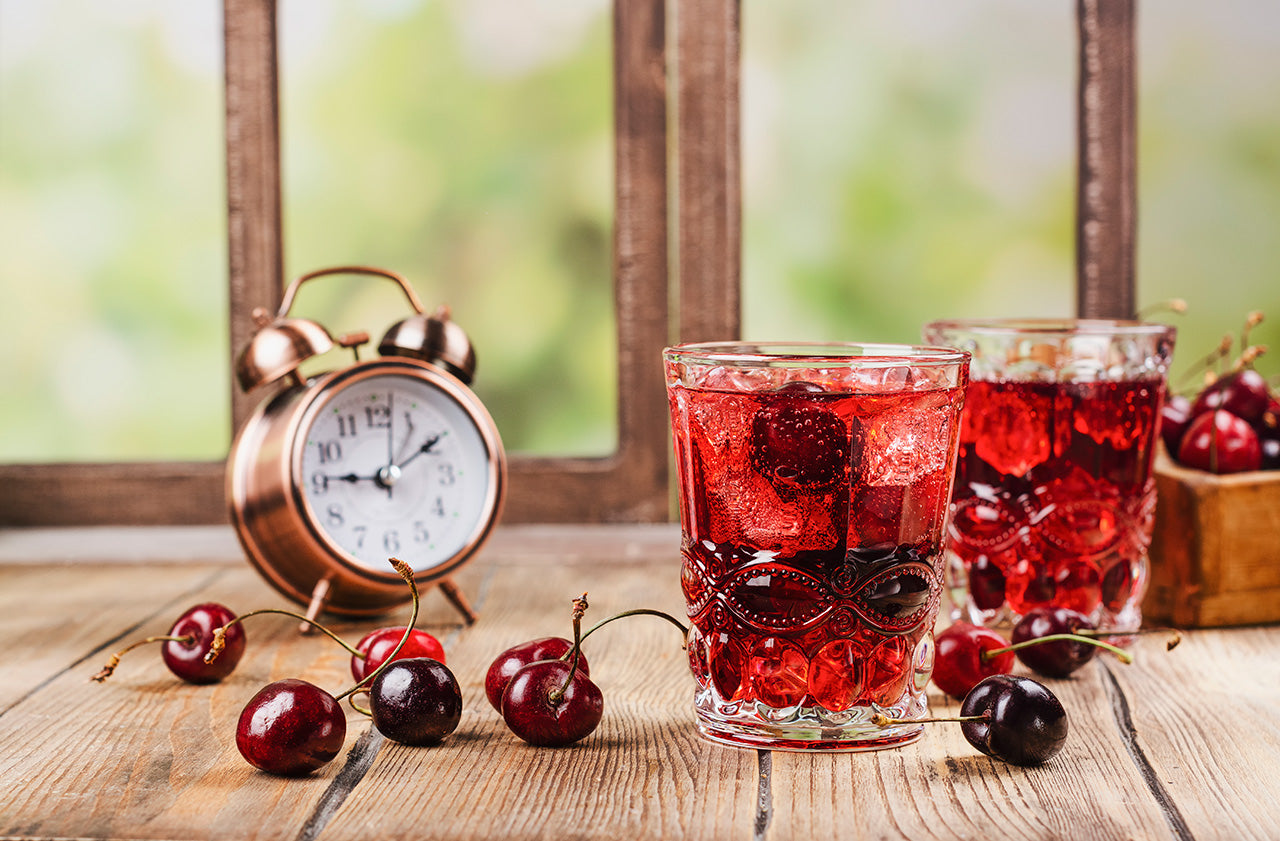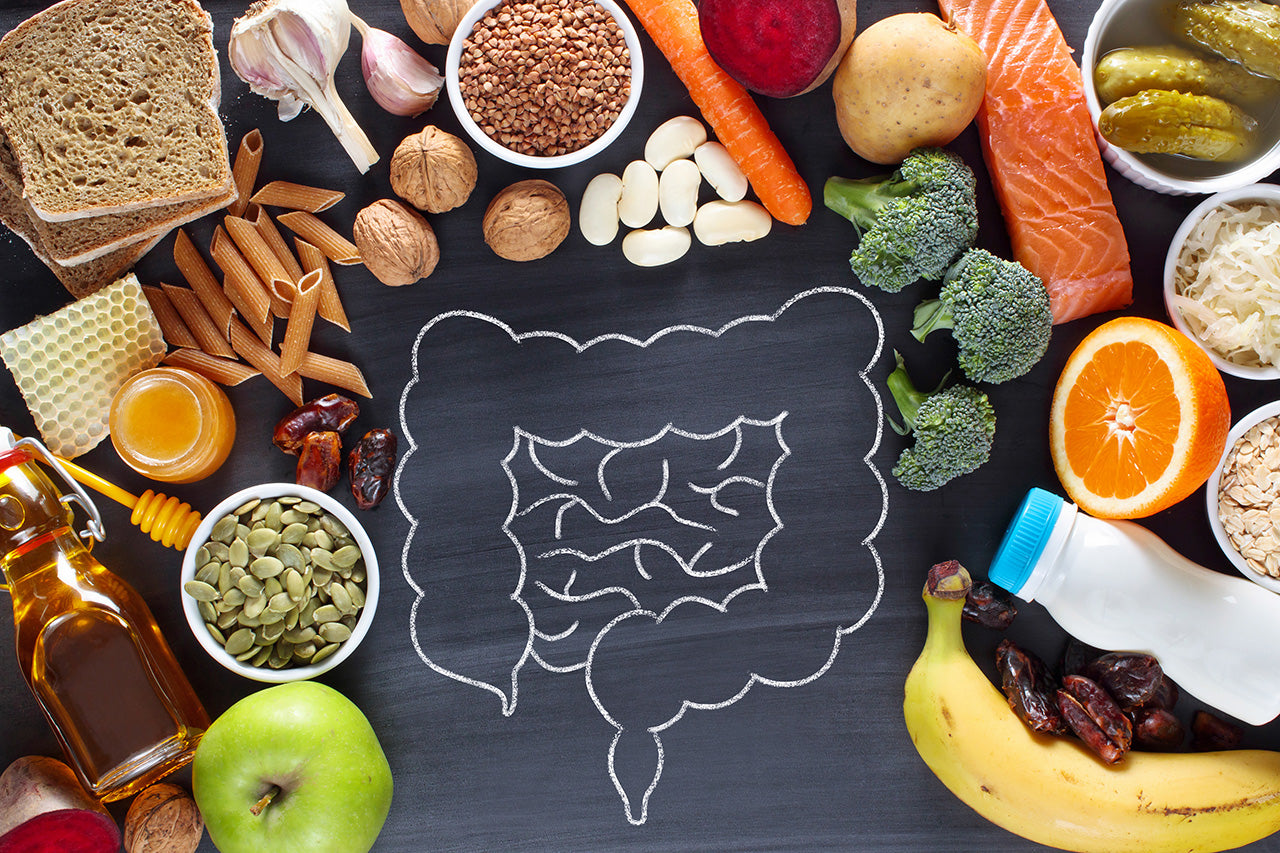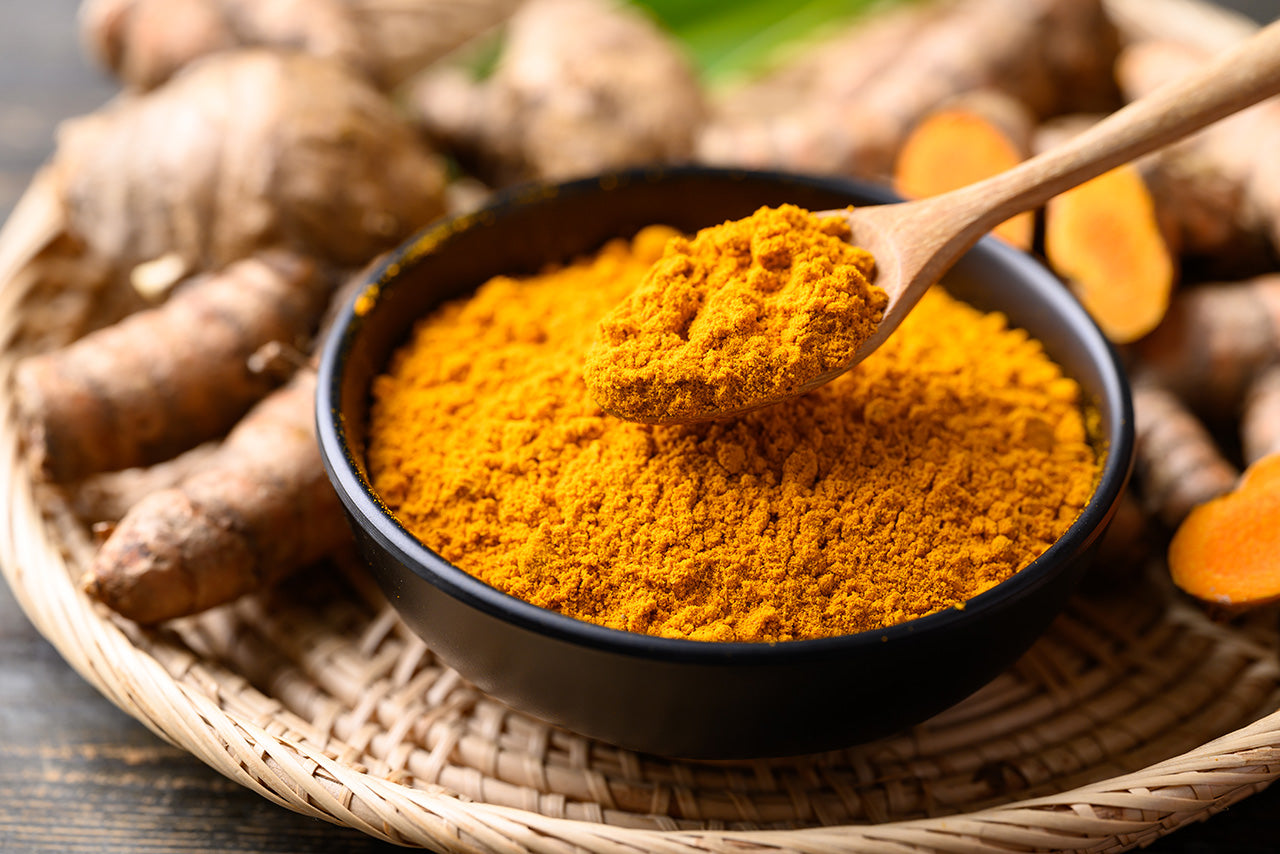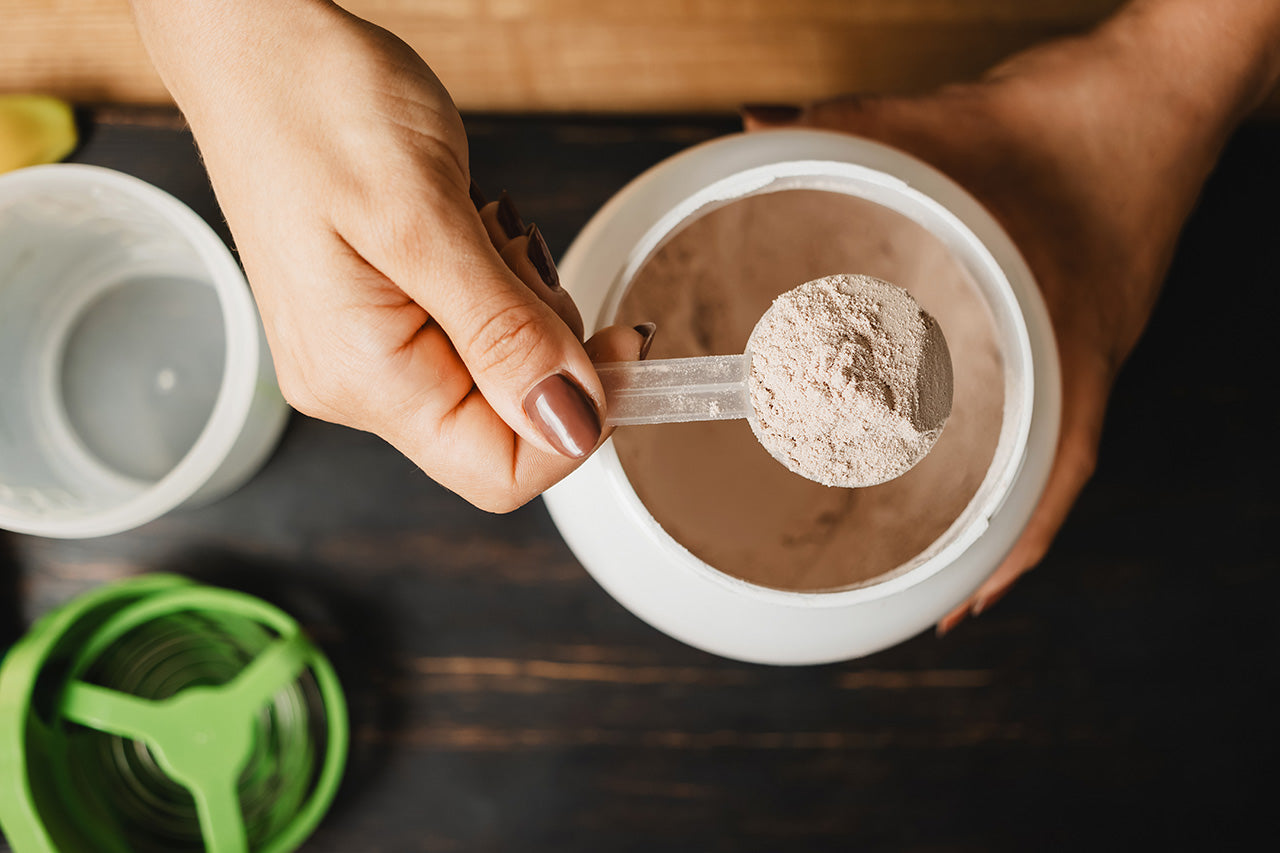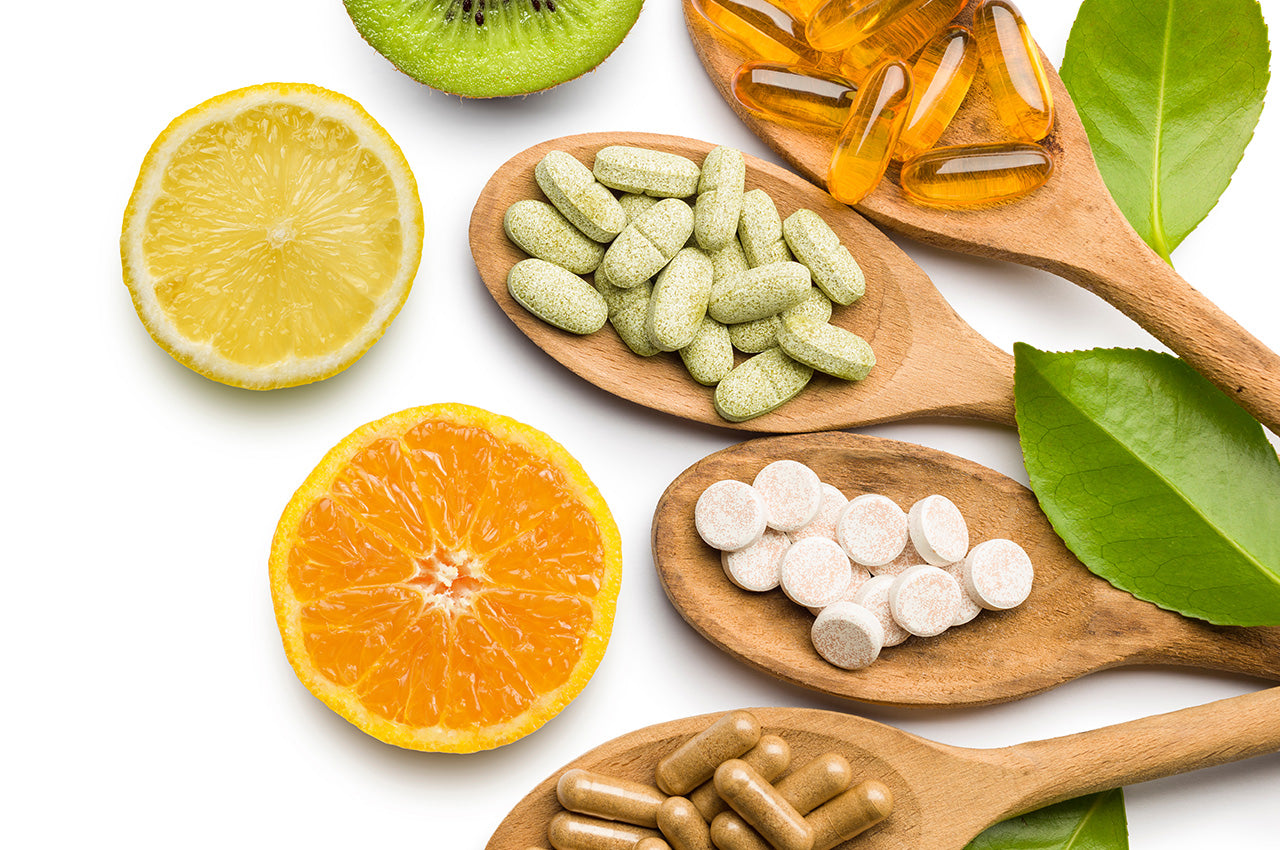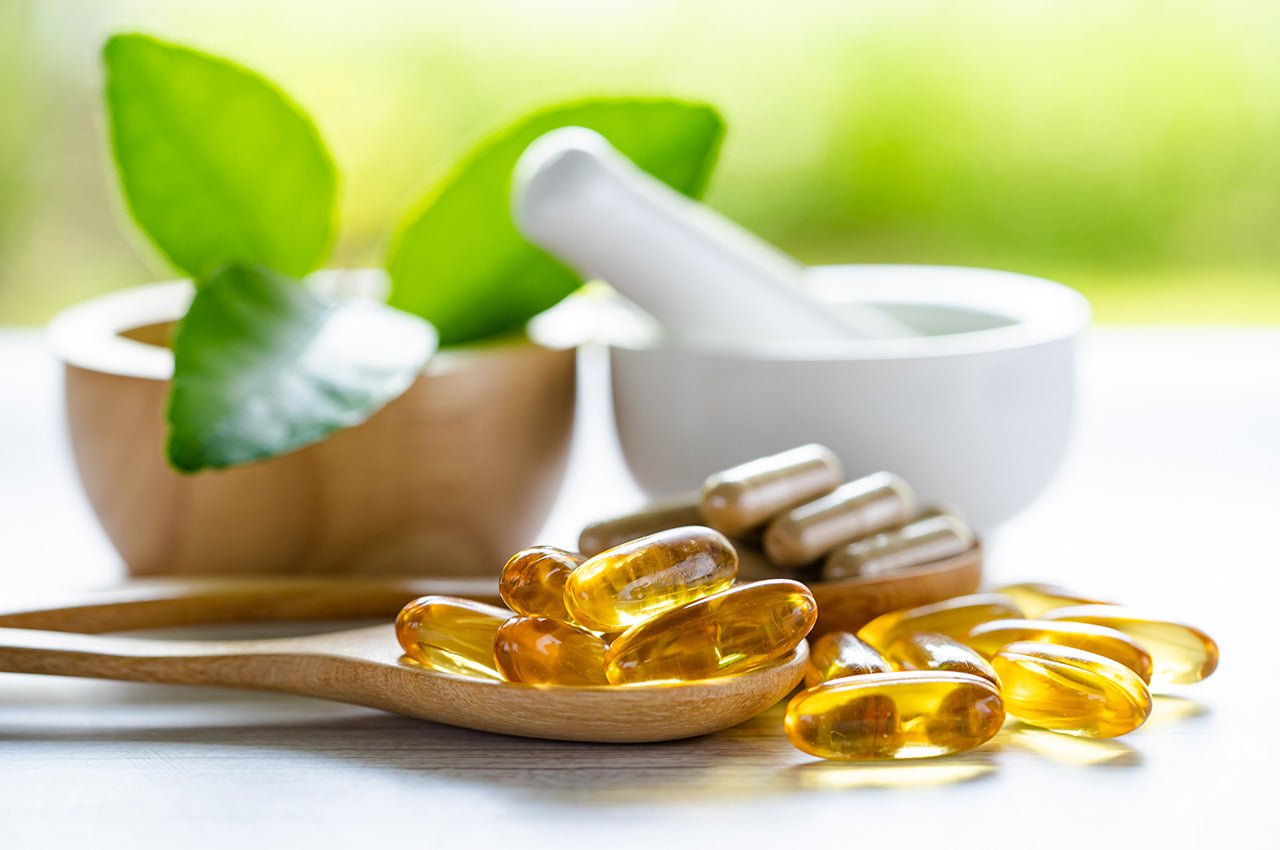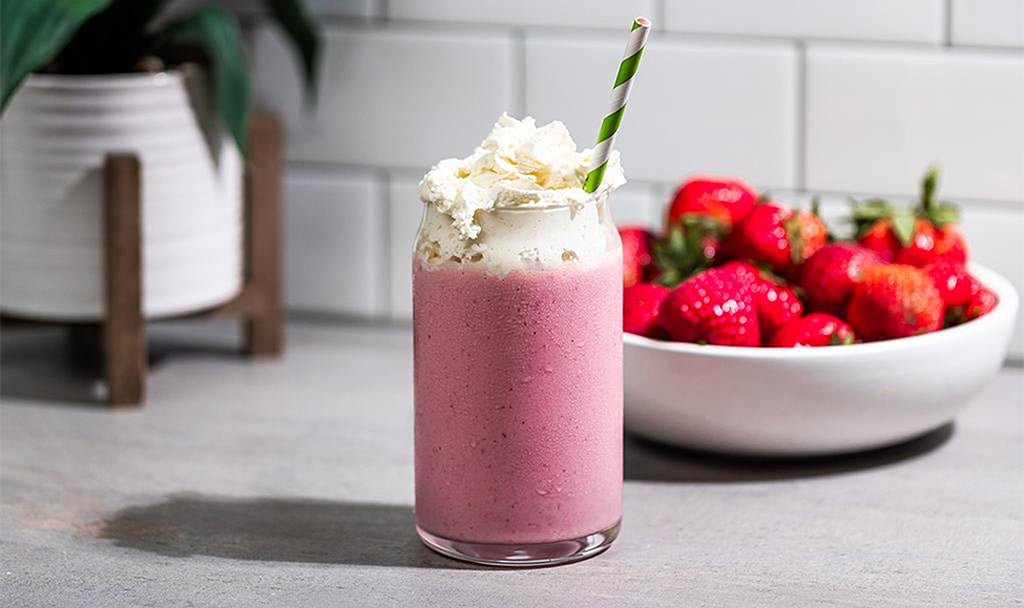
WELLNESS
The Impact of Diet on Cortisol Levels: What to Eat and Avoid

In today's wellness-driven culture, managing stress is a top priority for many people, and with good reason. Chronic stress can have long-lasting effects on both mental and physical health, and cortisol, the body's primary stress hormone, plays a key role in how we handle that stress.
One of the most effective ways to manage cortisol levels is through diet. Understanding how different foods influence cortisol can help you make more informed choices about what you eat to support your overall well-being.
At Flavor & Fettle, we believe in providing valuable information that empowers individuals to make healthy choices. With that in mind, we are not labeling foods as “good” and “bad” as to take away the morality associated with foods.
This guide is meant to help you better understand how certain foods may influence cortisol levels, so that you can make the best decisions for your health.
Foods That May Increase Cortisol Levels
Certain foods, particularly processed, sugary, or those high in stimulants, can cause a spike in cortisol levels. These foods may contribute to stress in the body by affecting blood sugar, stimulating the nervous system, or promoting inflammation. Some examples include:
- Sugary Foods and Drinks: Foods high in sugar—like candy, soft drinks, and baked goods—can cause a spike in blood glucose levels, followed by a crash. This fluctuation in blood sugar can trigger the release of cortisol as the body tries to rebalance itself. Additionally, excess sugar can promote inflammation, another factor that may elevate cortisol levels.
- Caffeine: Caffeinated beverages like coffee, energy drinks, and soda stimulate the adrenal glands, encouraging the production of cortisol. While a moderate amount of caffeine might not have a long-term effect on cortisol, excessive caffeine consumption—especially in the afternoon or evening—can keep cortisol elevated and interfere with your body’s ability to relax and sleep.
- Processed and Fast Foods: Highly processed foods, such as fast food, frozen meals, and chips, are typically high in refined carbohydrates, trans fats, and artificial additives. These types of foods can increase inflammation and oxidative stress in the body, leading to higher cortisol levels over time.
- Alcohol: Although many people turn to alcohol to relax, it can have the opposite effect when it comes to cortisol levels. Excessive alcohol consumption can increase cortisol production and disrupt the body's ability to recover from stress. Furthermore, alcohol affects sleep quality, which can further compound stress.
Foods That May Lower Cortisol Levels
On the flip side, some foods are known to naturally lower cortisol levels by helping the body manage stress more effectively. Incorporating these into your diet may promote a calmer, more balanced response to stress.
- Leafy Greens: Leafy greens like spinach, kale, and Swiss chard are packed with magnesium, a mineral that plays a crucial role in regulating cortisol levels. Magnesium helps the body relax and can counteract the effects of stress, promoting lower cortisol levels. Adding a daily serving of leafy greens to your diet is an easy and delicious way to support your stress management.
- Fatty Fish: Salmon, mackerel, and sardines are high in omega-3 fatty acids, which have been shown to reduce inflammation and lower cortisol levels. Omega-3s also promote brain health, improving mood and reducing the body’s overall stress response.
- Berries: Berries, such as blueberries, strawberries, and raspberries, are rich in antioxidants, which help protect the body from oxidative stress. By reducing inflammation and supporting immune function, antioxidants can help the body maintain balanced cortisol levels.
- Dark Chocolate: Good news for chocolate lovers! In moderation, dark chocolate (with at least 70% cocoa) has been shown to reduce stress hormones, including cortisol. The antioxidants in dark chocolate can help improve mood and promote relaxation, making it a beneficial treat when consumed mindfully.
- Herbal Teas: Herbal teas like chamomile, valerian root, and ashwagandha are well-known for their calming properties. These herbs can promote relaxation and help lower cortisol levels, especially when incorporated into a nightly wind-down routine.
Supplements
In addition to diet, supplements can play a valuable role in managing cortisol levels. Specific vitamins, minerals, and herbs are known to support adrenal health and help regulate the body’s stress response. Before implementing new supplements into your routine, speak to your doctor.
- Magnesium: As mentioned earlier, magnesium is a critical mineral for lowering cortisol and promoting relaxation. Many people don’t get enough magnesium through diet alone, making a supplement a helpful addition to their routine. Check out Flavor & Fettle’s Magnesium Glycinate here.
- B Vitamins: The B vitamin family, particularly B5 (pantothenic acid) and B6, helps support adrenal function and regulate the production of stress hormones. Taking a B-complex supplement can support overall energy levels and stress management. Check out Flavor & Fettle’s B complex here.
- Ashwagandha: Ashwagandha is an adaptogenic herb that has been shown to lower cortisol levels in clinical studies. It helps the body adapt to stress by modulating the HPA (hypothalamic-pituitary-adrenal) axis and supporting balanced cortisol levels. Check out Flavor and Fettle’s Ashwagandha supplement here.
- L-Theanine: L-Theanine is an amino acid found in green tea that promotes relaxation without causing drowsiness. It can help reduce anxiety and lower cortisol, making it a useful supplement for those experiencing stress.
Understanding the impact of diet on cortisol levels allows you to make informed choices about the foods you eat. While certain foods can increase cortisol levels, others can help lower it, promoting relaxation and better stress management. It is all about balance and making choices that support your individual health and well-being.















